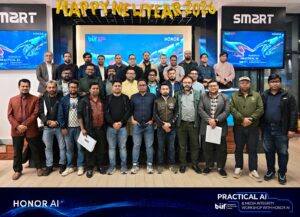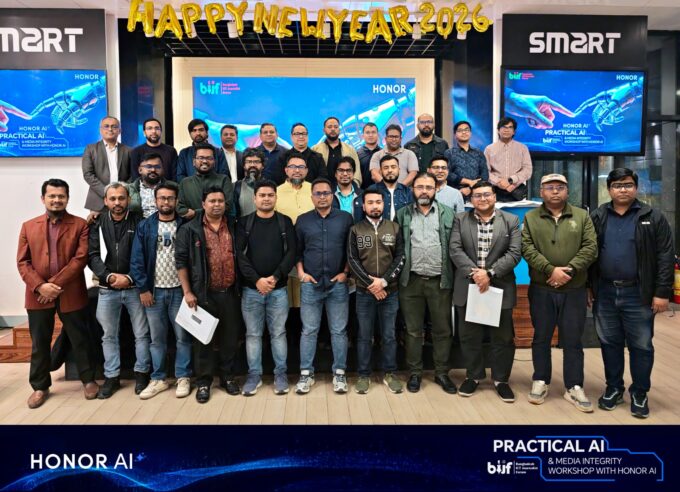Sasha Luccioni is a leading AI researcher recently honored as one of Time magazine’s top 100 influential figures in AI, has highlighted the staggering energy demands of generative AI models, such as ChatGPT and Midjourney. Speaking at the ALL IN Artificial Intelligence conference in Montreal, Luccioni revealed that these models can consume up to 30 times more energy than traditional search engines, as they generate new content rather than merely retrieving information.
Luccioni explained that training these AI systems requires vast amounts of data processed by powerful servers, which in turn consume significant electricity. Even after training, the energy consumption continues as the models respond to user queries. According to the International Energy Agency, AI and the cryptocurrency sector together consumed approximately 460 terawatt hours of electricity in 2022, accounting for around 2% of the world’s total electricity production. This number is expected to rise as AI technologies become increasingly widespread, as noted in a recent AFP report.
To combat the environmental impact of AI, Luccioni co-created CodeCarbon in 2020, a tool that enables developers to measure the carbon footprint of their code. Over a million developers have utilized the tool to date, according to the AFP report. Currently, Luccioni is working on a system to rate AI models based on their energy efficiency, akin to energy labels found on household appliances. This initiative aims to empower users to make informed choices about which AI tools to employ.
Despite significant commitments from companies like Google and Microsoft to achieve carbon neutrality by the end of the decade, their greenhouse gas emissions have risen sharply. Google’s emissions surged by 48% since 2019, while Microsoft’s increased by 29% since 2020, as reported by AFP. Luccioni emphasizes the need for greater transparency from these companies regarding the energy usage of their AI models, calling for regulatory measures to manage the environmental consequences.
While she advocates for the responsible use of AI, Luccioni promotes the concept of “energy sobriety,” encouraging both individuals and organizations to choose AI tools wisely and utilize them only when necessary. Her research highlights that generating a single high-definition image with AI requires as much energy as fully recharging a smartphone. With the integration of AI into various aspects of daily life, she underscores the importance of being aware of its energy consumption and associated environmental costs.
For more updates, be with Markedium.










































Leave a comment